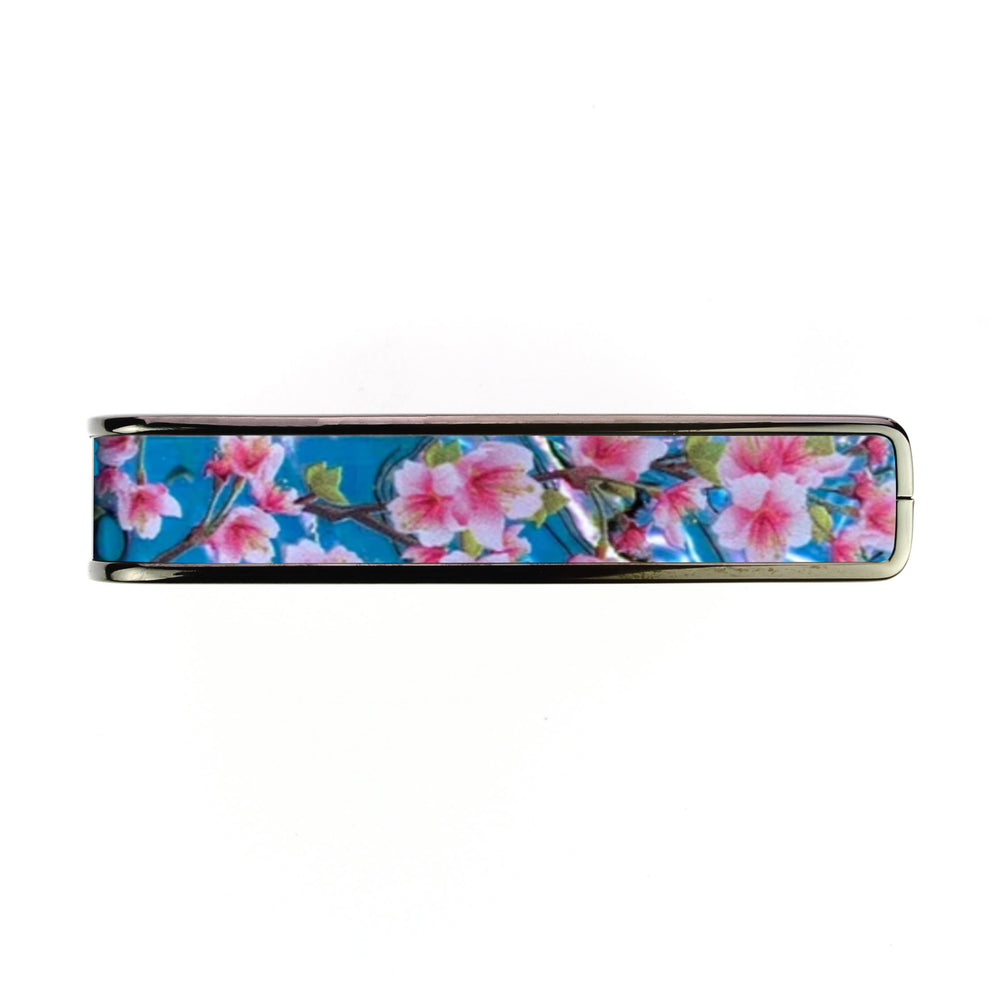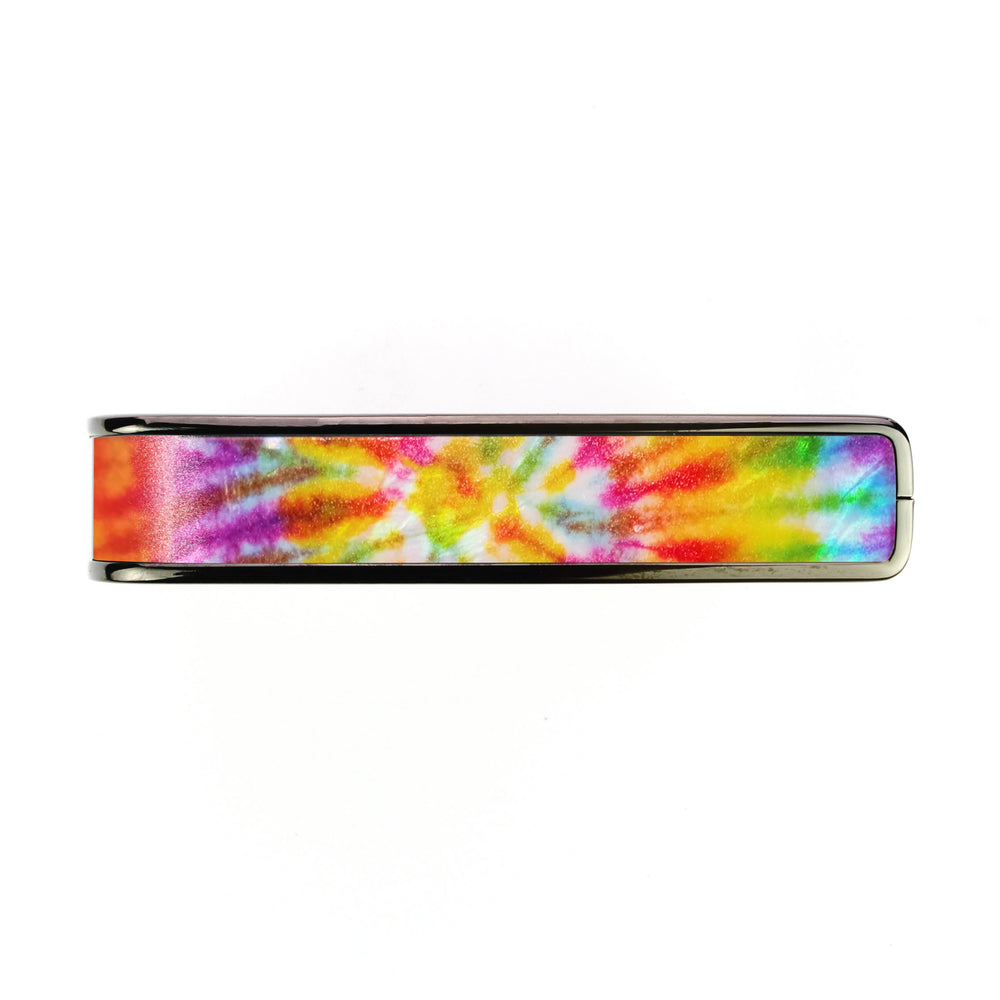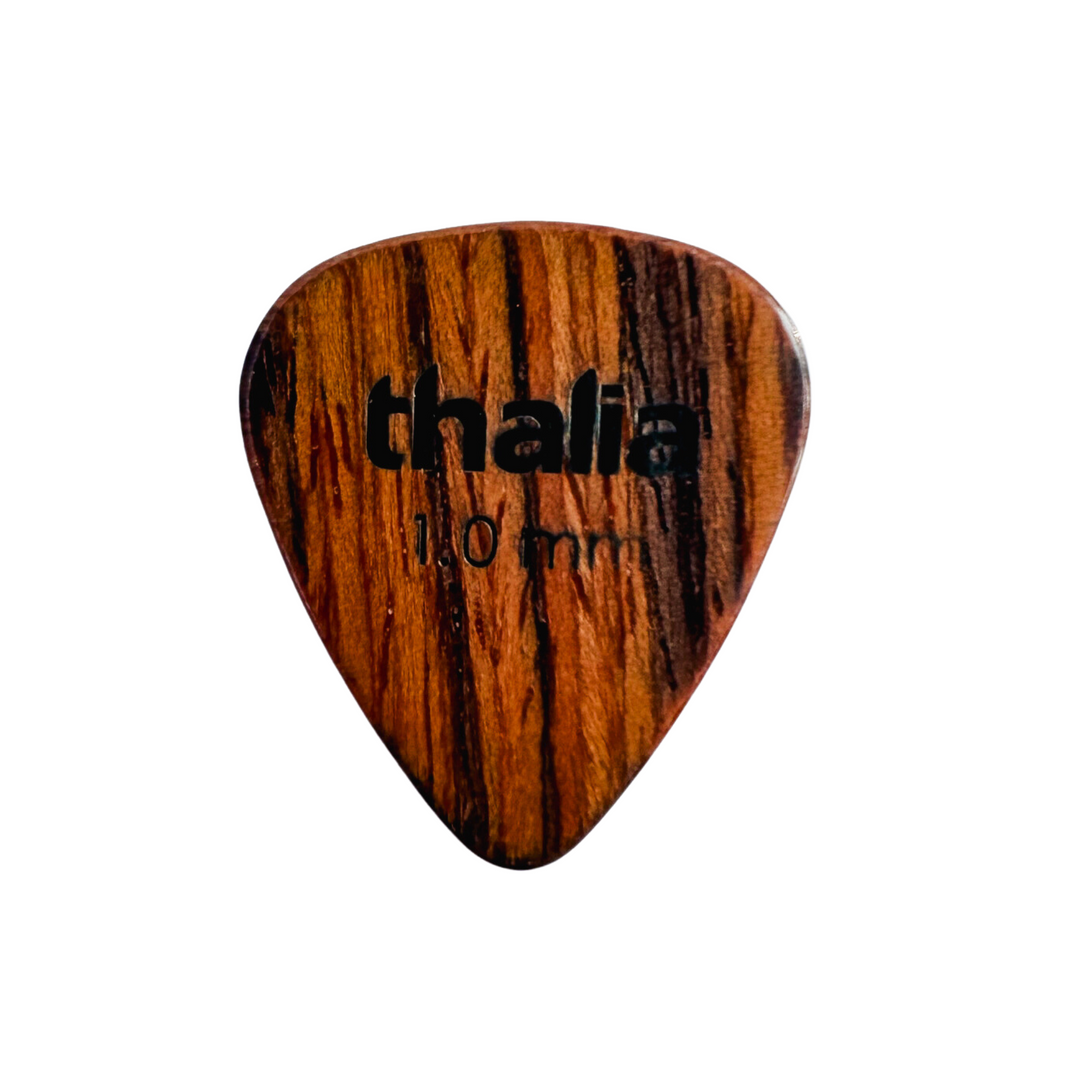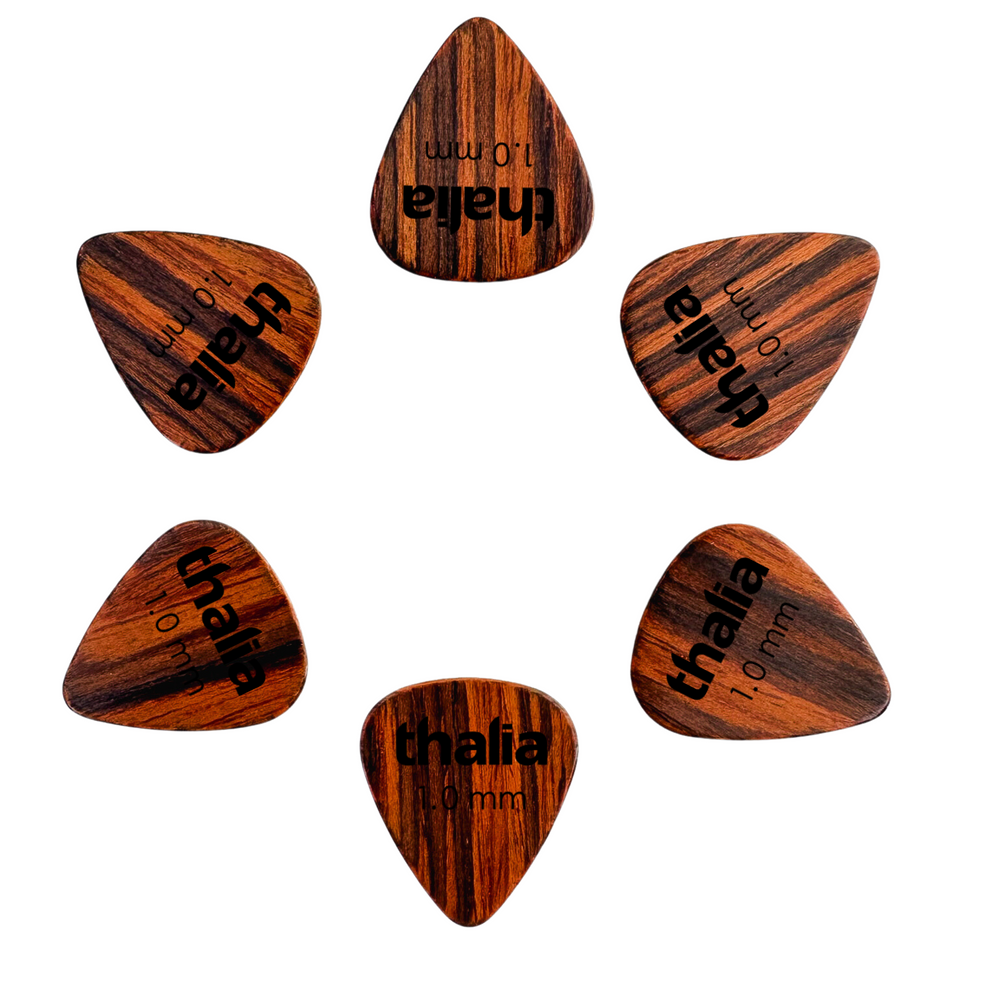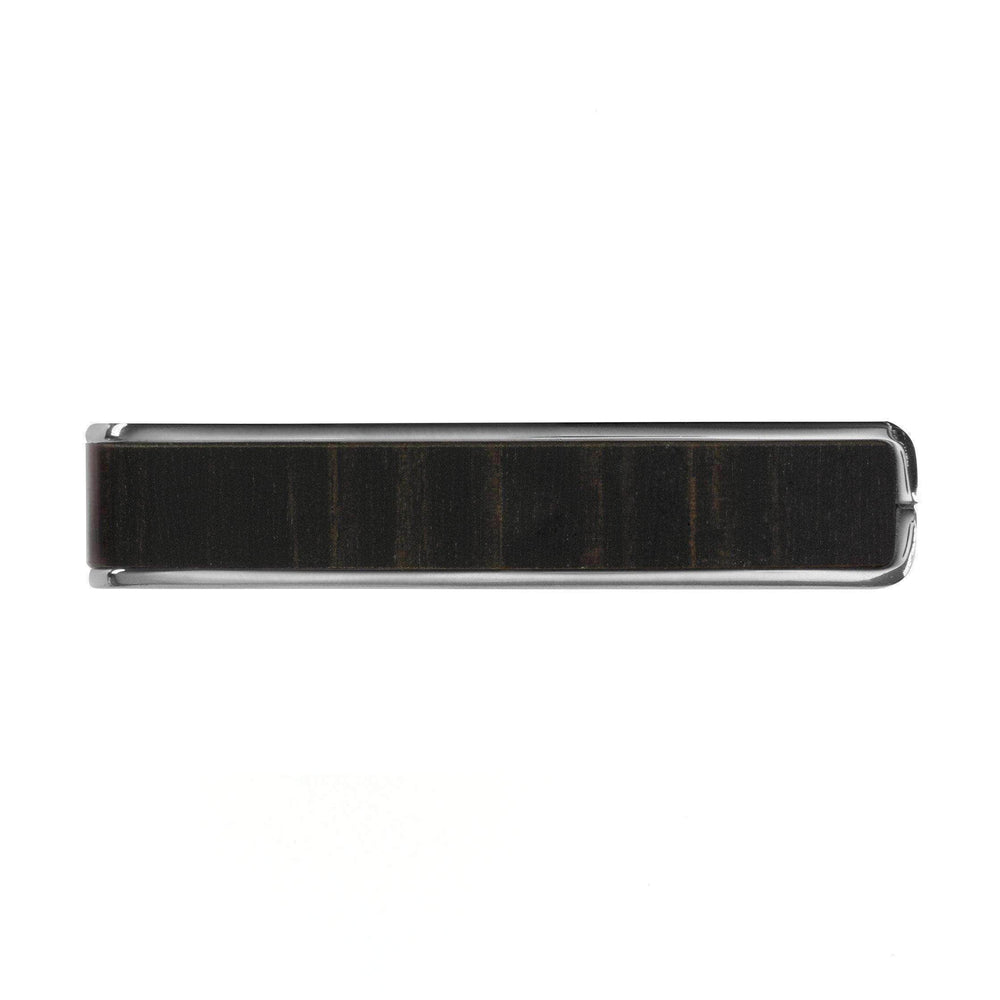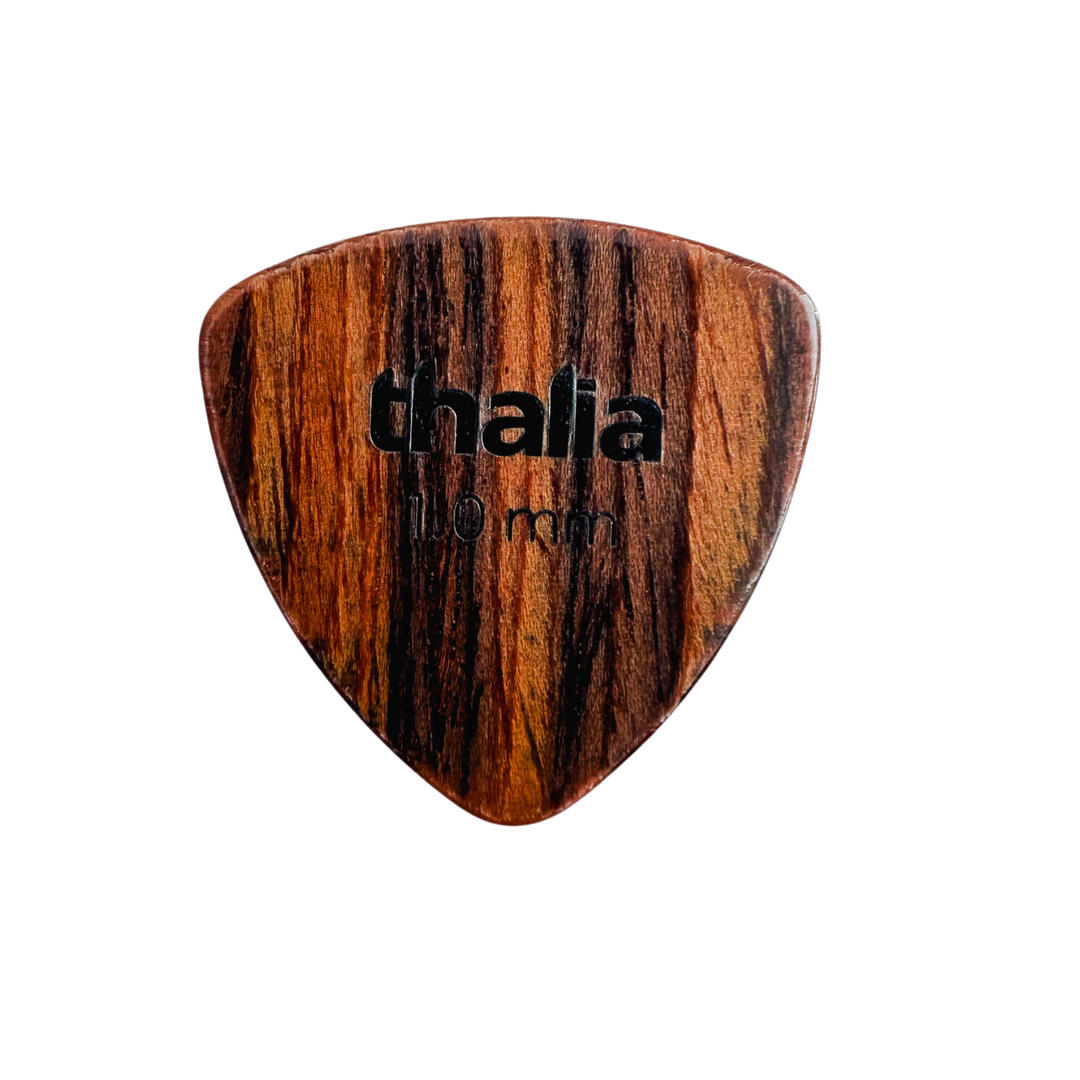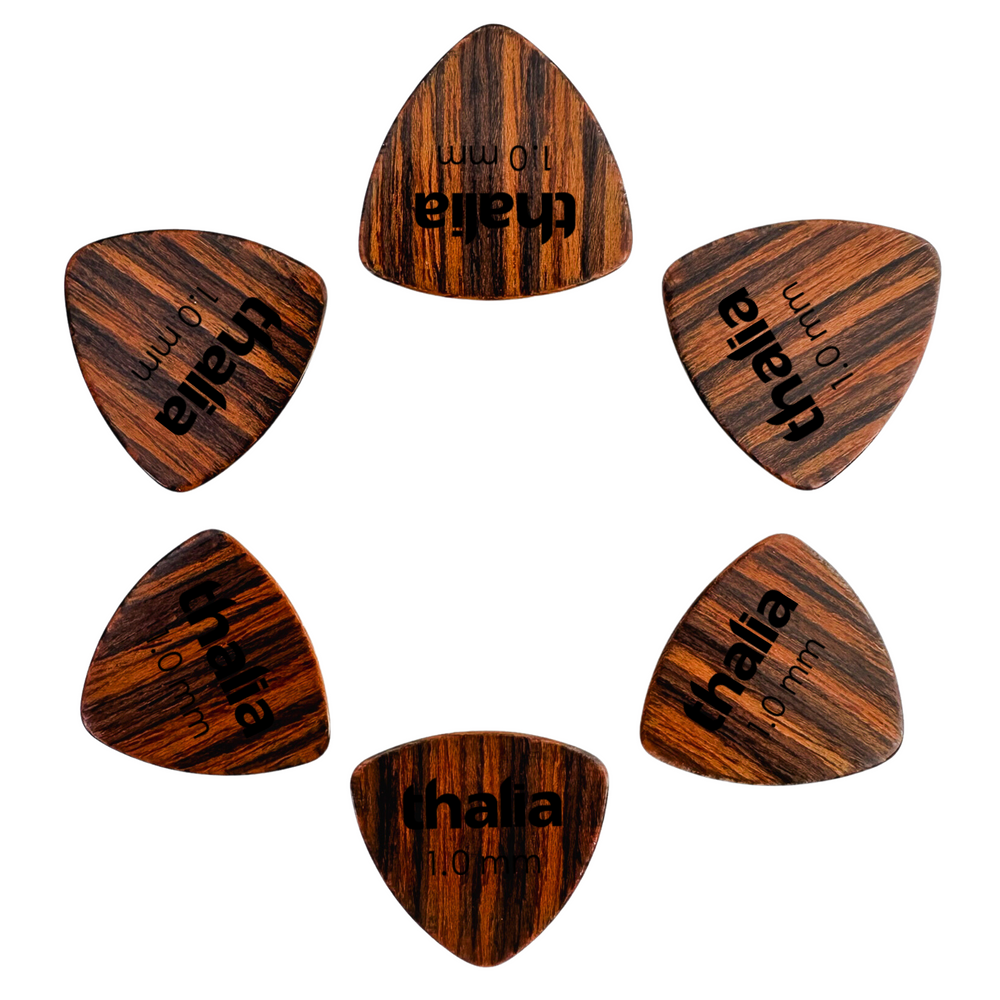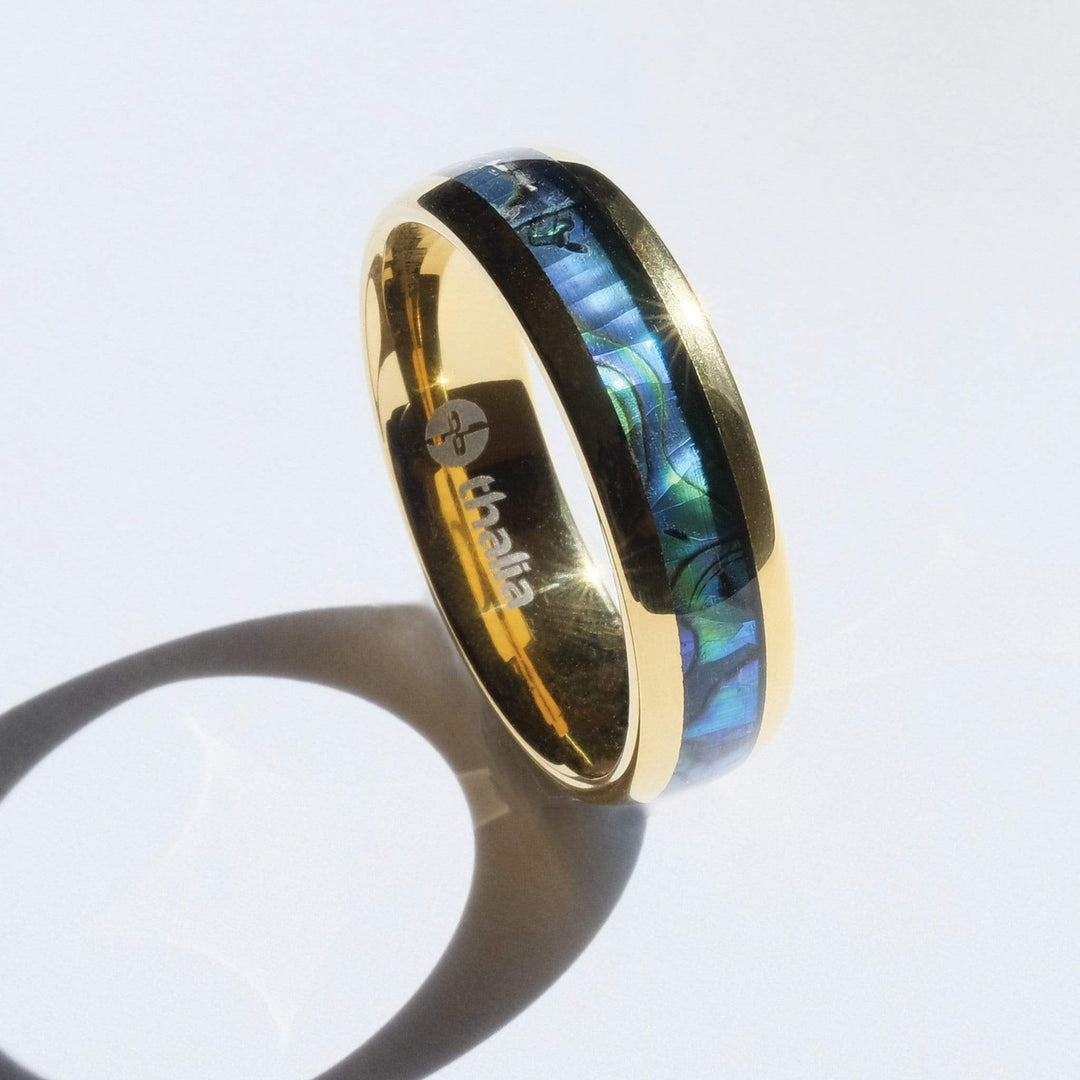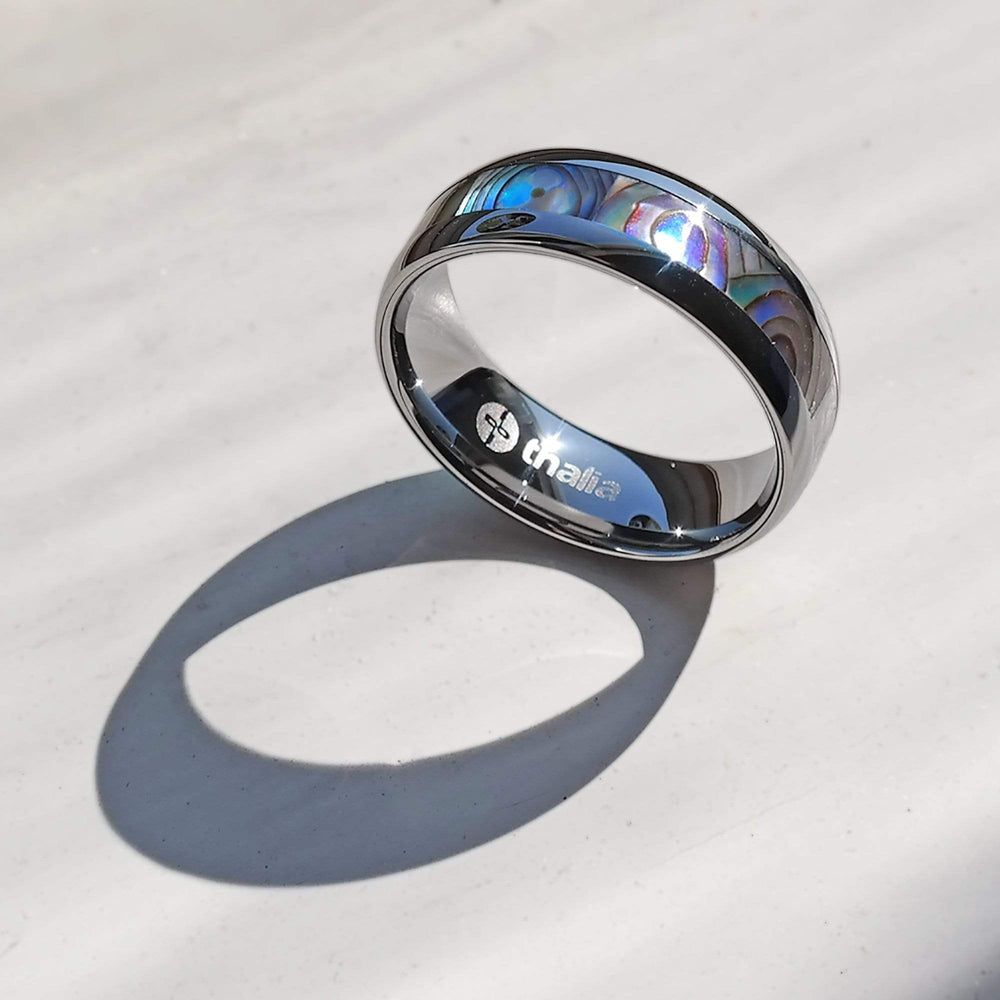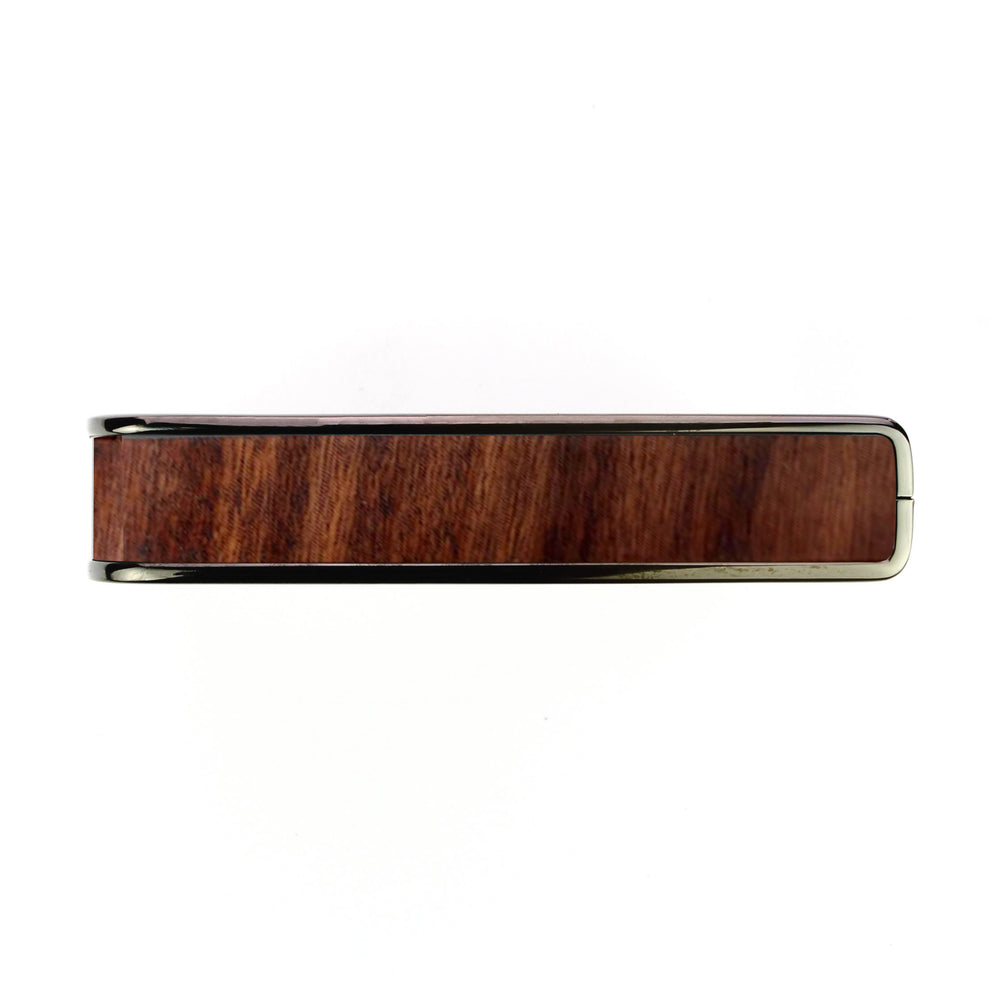What is the Greatest Beatles Solo Album?

On December 31st, 1970, Paul McCartney filed a lawsuit against the other Beatles for dissolution of the band’s contractual partnership. It was a move that marked the end of the most influential popular music group of all time.
The general public had known about the Beatles’ impending dissolution since April. McCartney had announced his departure from the group in a press release for his eponymous solo album, and the papers were quick to jump on it.
 |
|
Daily Mirror, April 10, 1970 |
What the public didn’t know was that the group had technically ended a year earlier, when Lennon had informed Ringo Starr, Paul McCartney and manager Alan Klein that he wanted a “divorce” from the band amid mounting tensions.
After McCartney’s lawsuit, though, there was no turning back. Any hope that the Fab Four might ride again was quashed: definitively so after the tragic murder of John Lennon in 1980.
The Beatles were over. But, the individual members’ abilities to produce great music remained undiminished. In the years that followed, Messrs. Lennon, McCartney, Harrison and Starr were prolific in their recorded output. And, while their respective discographies weren’t as consistently revolutionary as the Beatles’, several of the albums they made on their own are rightly regarded as all time classics.
But which of those records - according to the Thalia faithful at least - is the best? Using the poll at the bottom of this article, that’s what we intend to find out.
Of course, choosing a favorite is by no means easy; there’s so much to like about the Beatles’ solo offerings, and for different reasons. To get you thinking, here are some of our musings on the Fab Four’s post-Beatles records.
Starting with George Harrison, 1970’s All Things Must Pass is obviously a landmark effort. In the Beatles, Harrison always played second fiddle to McCartney and Lennon – even if he did produce all-time classics like Here Comes the Sun. But, on the epic, three-disc All Things… his undeniable songwriting prowess was front and center. It was a trend that continued with the follow-up album, 1973’s Living in the Material World. And, while fans might argue that Harrison’s peak was in the early 1970s, 1987’s Cloud Nine is a clear return to form (even if the cover art is incredibly naff).
With John Lennon, fans often extol the virtues of 1970’s Plastic Ono Band, and with good reason. Arguably Lennon’s most personal work, tracks like God and Mother offer a contemplative, self-reflexive side of the singer that we never saw in the Beatles. 1971’s Imagine is, of course, iconic. The sheer weight of the Lennon classics contained in this disc - Gimme Some Truth, Oh Yoko, Jealous Guy and the title track – make this an obvious contender.
And then there’s 1980’s Double Fantasy. While the album reviewed terrible reviews on release, a critical re-evaluation soon followed. Some of that was circumstantial – Lennon was murdered just three weeks after it was released – but there’s a lot to like in this mature record, with its meditations on marriage and impending middle age.
Paul McCartney didn’t find solo success as quickly as Lennon and Harrison. His first two solo albums, 1970’s McCartney and 1971’s Ram were savaged by critics on release. Indeed, Rolling Stone’s John Landau went so far as to call the latter album “unbearably inept” and “unpleasant.” Indeed, these loose, spontaneous and lo-fi albums were a far cry from what audiences expected of the Fab Four.
Time, however, has been much kinder to McCartney’s early solo offerings than his initial detractors. Both records are now regarded as classics, showcasing his undeniable songwriting talent in the raw. Critical - and commercial - success would finally come with 1973’s Band on the Run. Backed by Wings, McCartney produced a bona-fide hit-machine of an album – jam-packed with memorable singles - and scored his first solo U.S. Number 1 in the process.
Of course, we’d be remiss not to mention Ringo Starr. Ringo’s solo albums are generally be considered the weakest post-Beatles offerings, but that’s not to say they’re without merit. 1973’s Ringo, which featured classic collaborations with John, Paul and George (separately, rather than together), played to Starr’s strengths as the ultimate glue guy.
1974’s Goodnight Vienna repeated the formula, this time with Elton John, Steve Cropper, Dr. John, Billy Preston and (a returning) John Lennon. Sure, it’s not as consistent as Ringo, but it definitely has its moments.
So those are our thoughts, but what are yours? Use the poll below to vote for your favourite Beatles solo album. Once the votes are counted, we’ll produce a follow-up article with the results. Oh, and feel free to sound off with your opinions on the Beatles solo careers in the comments section below. We’ll be sure to include the observations in the follow-up!
To take the POLL click here
Header image credit: Sparks the griffon



